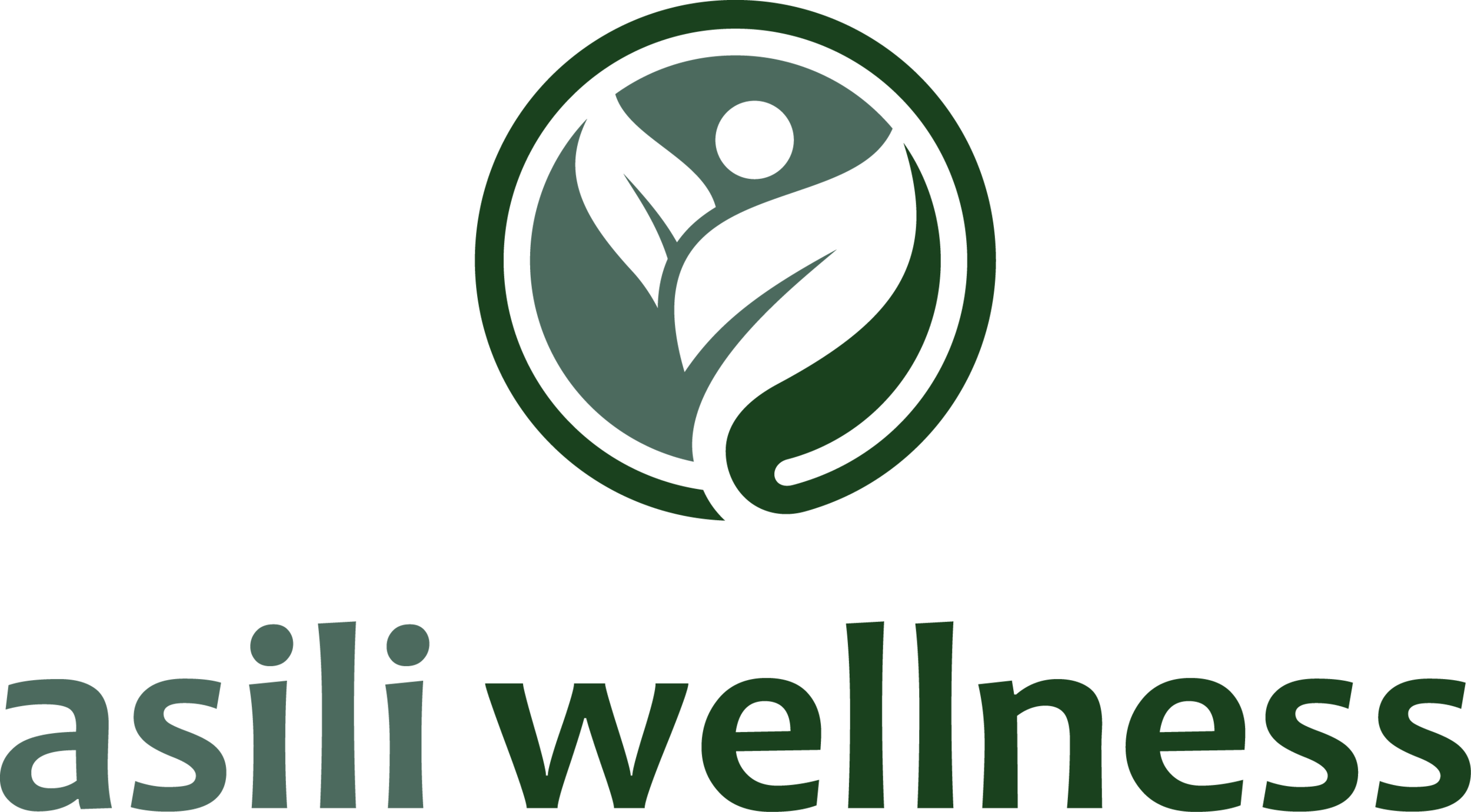Unlocking the Secrets of Optimal Nutrition: Your Essential Guide to Healthy Eating
Nutrition is the key to living a vibrant and healthy life! It’s about providing your body with the essential nutrients to thrive. By picking the right foods and enjoying them in the right amounts, you can fuel your body with plenty of vitamins and minerals that support your well-being. Recognizing the importance of nutrition is an excellent step toward a healthier lifestyle. This blog post will dive into nutrition, why it’s crucial, and how to create a balanced diet that helps you feel your best. Let’s get started on this tasty journey to better health!
What Is Optimal Nutrition?
Nutrition is the science that helps us understand how what we eat and drink affects our health. It explains how our food choices can protect us from or contribute to various health issues.
Good nutrition is super important. It can help you feel strong and vibrant and lower your risk of chronic diseases like heart disease, stroke, diabetes, cancer, and osteoporosis.
The great news is that we all can embrace a balanced diet that gives our bodies the essential nutrients they need—like proteins, carbohydrates, fats, vitamins, minerals, and water! Finding that perfect balance can be tricky, so mindfulness in our eating habits is essential. If you ever feel overwhelmed, chatting with a registered dietitian can be a great way to create a healthy eating plan that's just right for you.
What Are the Functions of Nutrients in the Body?
Every nutrient is vital to the body's functionality. They are the building blocks for growth, metabolism, and repair.
The six essential categories of nutrients include carbohydrates, fats, proteins, vitamins, minerals, and water.
Carbohydrates are the primary energy source, transforming into glucose to fuel our cells. Fats contribute to many bodily functions, from supporting cell membranes to hormone production and insulation. They are also a significant energy source.
Proteins are indispensable for tissue growth and repair and for facilitating chemical reactions in the body. When carbohydrates are scarce, proteins can serve as energy sources.
Vitamins are fundamental to countless processes, including metabolism, immunity, and cell growth. They are water-soluble or fat-soluble, each playing a distinctive role in sustaining health.
Minerals, too, are essential for numerous bodily functions, aiding in fluid balance, muscle contraction, and nerve transmission. They can be electrolytes, which conduct electricity when water dissolves, or non-electrolytes, which do not.
Water supports all bodily functions!
The Importance of Nutrition in Our Lives
Let's discuss something we can all agree is vital: nutrition! What we eat plays a massive role in how our bodies work. It helps us build and repair our tissues, keeps our energy up, and protects us from chronic diseases like heart disease, diabetes, and obesity. Good nutrition can make a big difference in how we feel physically and mentally, helping us live our lives to the fullest.
Nutrition is fuel for your body, supporting your journey toward health and happiness. Remember, everyone has different nutritional needs at various stages of life. Eating mindfully and choosing the right foods that suit your unique requirements is essential. A balanced plate filled with multiple tasty, nutrient-packed foods is key to thriving today and in the future.
Good nutrition is vital from when we're in the womb to our golden years! For babies and kids, it helps with growth and development. Teens need extra nutrients to support their rapid growth during puberty. Adults should focus on getting the proper nutrients to stay healthy and prevent diseases, while older adults might need to adapt their diets as they age. Embrace the journey of good nutrition—it can guide you toward a happy and healthy life!
How to Get the Right Amount of Nutrients
We all know that keeping up with good nutrition can be tricky, especially with our busy lives. But don't worry! You can positively impact your health with just a few simple changes to your eating habits. Here are some practical tips to help you get the nutrients you need:
(1) Start with small changes
Kick things off by adding more fruits and veggies or swapping white bread for whole-grain types. Try leaner proteins like beans, tempeh, or tofu, and choose low-fat dairy products when possible.
(2) Eat a balanced diet
A balanced diet is like a solid foundation for good health. By enjoying a mix of foods from all the food groups, your body will get the nutrients it craves. Look for foods that provide the right calories, vitamins, minerals, protein, carbs, and fats to help you maintain a healthy weight. Fill your plate with whole grains, fruits, and veggies to get the added benefit of dietary fiber!
(3) Consider supplements
Consider adding whole-food supplements to your routine if you need a little boost. Do your research and find what works best for you.
(4) Seek professional guidance
Do you have questions about your nutrition? Don't hesitate to contact a doctor, nutritionist, or registered dietitian. They're here to help!
Final Thoughts
So, nutrition is a massive part of our lives that significantly affects our health. Let's aim to enjoy various nutritious foods that help our bodies feel and function better. A healthy diet helps prevent illnesses, keeps our weight in check, boosts our energy, and lifts our spirits. Here's to a happier, healthier you!
Adopting a plant-based diet is a life-changing decision that can completely transform our bodies and enhance our mental well-being. Join us on a voyage with NATURALLY NOURISHED to uncover the secrets of creating harmony through food and learn how to turn simple ingredients into revitalizing, health-boosting dishes.
Explore Yoga + Talk Therapy
Shop Products
Join Thrive
thrive is a complimentary resource with fresh goodies each month intended to help you create a healthier lifestyle mentally, physically, and emotionally.
Call, email, follow, or shop today to start your journey!
Peace + Wellness, Dr. Nicole













